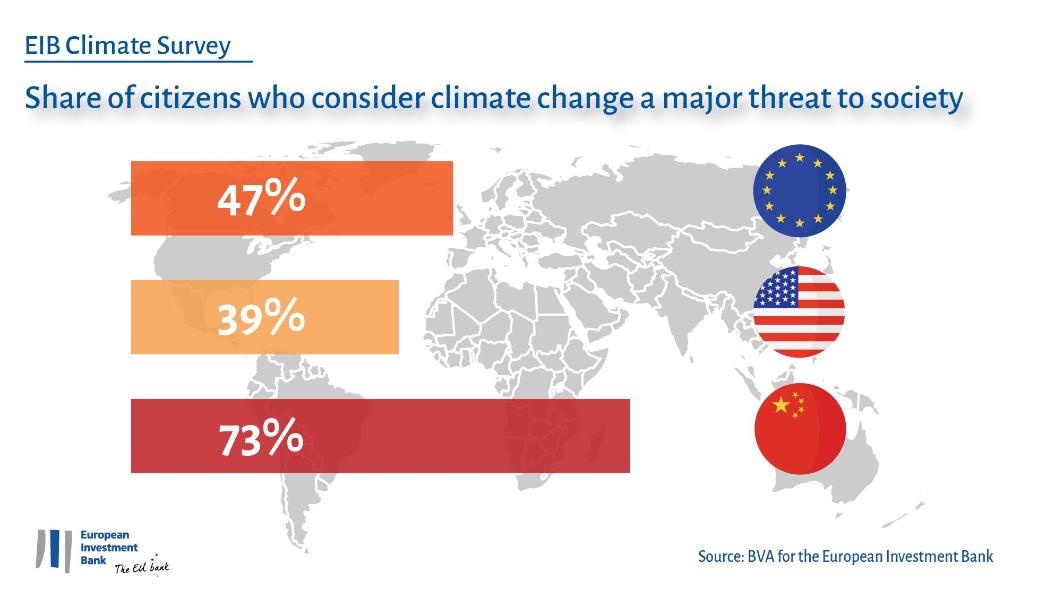Zero emissions at the tailpipe, sure. The problem is that the most common type of commercial hydrogen production involves massive uncontrolled emissions of carbon monoxide and carbon dioxide. Can't beat the laws of chemistry and physics. Crack CH4 with hot H2O and you'll get your H's, sure. But you'll also get a whole lot of C's and O's, and capturing them is very unprofitable. So they all get vented into the atmosphere.
So yeah, you can safely drink the exhaust of a hydrogen car. But every top-up of a hydrogen fuel tank means greenhouse gas emissions at the source.
And that's not even getting into the leak issues (the H2 used is the smallest molecule in the universe, it likes to leak out of everything), the tank wear-and-tear issues that come with leaks (it's called hydrogen embrittlement), and the interesting politics of a hydrogen station developer trying to convince a city council that they'd like to install what is basically a rocket fuel depot in an urban area.




